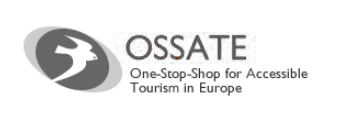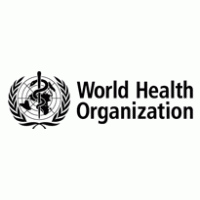Filters
Search Programme
Programme Categories
- Accessible Tourism ( 4 )
- Coronavirus (COVID-19) ( 10 )
- Economy ( 8 )
- Fashion ( 4 )
- Food & Beverage ( 1 )
- HOTREC ( 6 )
- Innovation and Entrepreneurship ( 2 )
- Law ( 1 )
- Policy Papers ( 4 )
- Reports ( 29 )
- Sustainability ( 4 )
- Tourism and Hospitality ( 3 )
- Trade and Development ( 7 )
- Transport and Mobility ( 2 )
This report presents an analysis of the terminology related to disability, accessibility
and tourism. The demand and supply analysis covers an estimation of the market size
for accessibility in Europe and worldwide, the identification of key stakeholders and the
current supply of accessible products and services.
and tourism. The demand and supply analysis covers an estimation of the market size
for accessibility in Europe and worldwide, the identification of key stakeholders and the
current supply of accessible products and services.
- 0
- 0
Tourism scholars continue to question how the tourism industry and tourism research might drive a more inclusive and sustainable future. This is certainly the case with respect to reducing the current marginalisation or exclusion of people with disabilities in tourism by bringing them into the industry in ways that directly benefit them, or that they can gain more control over. As tourism has long been positioned by scholars as exclusionary, there is a continued need to address the industry’s lack of accessibility that creates social inequality. With this purpose in mind, the aim of this conceptual paper is to map how accessible tourism is currently positioned against the framework of inclusive tourism development and to give examples of relevant accessible tourism studies to recommend a future agenda for more inclusive outcomes that move towards sustainability
- 0
- 0
The purpose of this paper is to examine the accessible tourism market potential, alongside the implications of operating in the accessible tourism market and an assessment of major travel and leisure company involvement. The research focused on providing a market value forecast using historic data from 2005 and extrapolating this to 2025. An examination of the reasons for and against major travel and leisure company involvement in the accessible tourism market was accompanied by an analysis of managerial perceptions.
- 0
- 0
The WHO global disability action plan 2014-2021 is a significant step towards achieving health and well-being and human rights for people with disabilities. The action plan was endorsed by WHO Member States in 2014 and calls for them to remove barriers and improve access to health services and programmes; strengthen and extend rehabilitation, assistive devices and support services, and community-based rehabilitation; and enhance collection of relevant and internationally comparable data on disability, and research on disability and related services. Achieving the objectives of the action plan better enables people with disabilities to fulfil their aspirations in all aspects of life.
- 0
- 0



